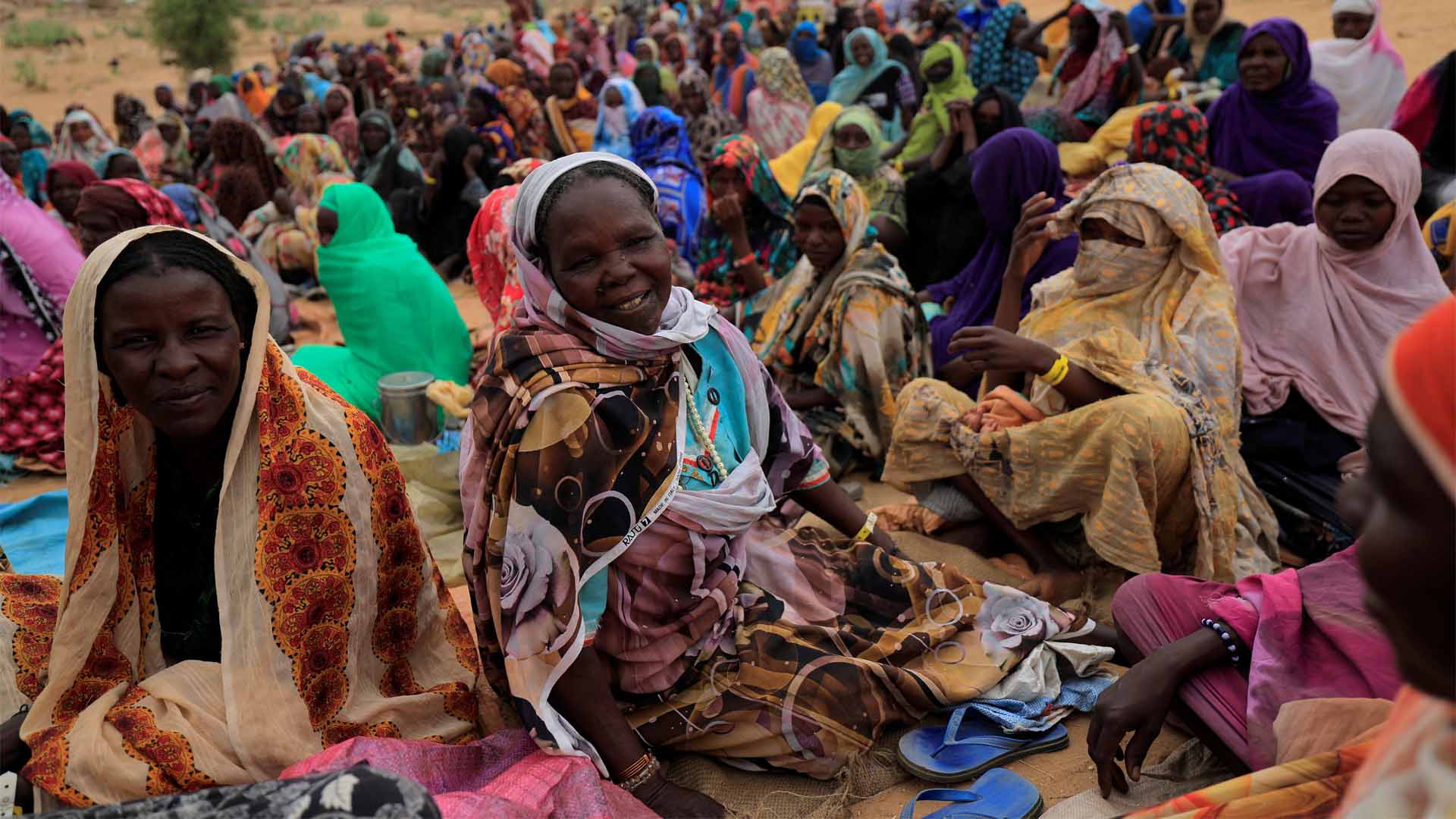Sudan’s Health Crisis Deepens Amid Conflict

As Sudan approaches the rainy season, the nation’s health system teeters on the brink of collapse, exacerbated by ongoing conflict and humanitarian challenges. With over 30 million people in need of assistance, including 20 million requiring urgent medical care, the situation is dire. Attacks on health facilities and a severe shortage of medical supplies have made access to essential services nearly impossible, leading to rising disease outbreaks and malnutrition.
Health System on the Verge of Collapse
Two years into the conflict, Sudan’s health infrastructure is disintegrating. The World Health Organization (WHO) has reported that hospitals are either closed or operating at minimal capacity. Health workers face threats, and the lack of life-saving medicines has resulted in preventable deaths from diseases and malnutrition. Dr. Hanan Balkhy, WHO Regional Director for the Eastern Mediterranean, emphasized the urgency of the situation, stating, “This crisis is tearing Sudan’s health system apart.” The impending rainy season is expected to worsen health risks and further limit access to care.
Currently, more than two-thirds of Sudan’s states are grappling with multiple disease outbreaks, including cholera, dengue, measles, and malaria. The breakdown of health surveillance and vaccination programs has led to a surge in preventable diseases, particularly among children. The situation is compounded by a dramatic rise in malnutrition, with famine confirmed in at least five areas. Projections indicate that 24.6 million people, nearly half the population, will face acute food insecurity in 2025, including 770,000 children under five suffering from severe acute malnutrition.
Violence Against Healthcare Workers
Since April 2023, WHO has documented 156 attacks on healthcare facilities, resulting in 318 deaths and 273 injuries. These assaults represent serious violations of international humanitarian law and have severely hindered the ability to provide care. The ongoing violence not only threatens the lives of health workers but also diminishes the already limited healthcare capacity in the country.
Despite these challenges, WHO and its partners are striving to deliver essential health services. Since the onset of the conflict, they have reached over 1 million patients and supported 52 hospitals across all 18 states. Vaccination campaigns have successfully immunized more than 10 million children against measles and rubella, and nearly 12.8 million people against cholera. Stabilization centers have treated close to 50,000 children suffering from severe acute malnutrition, demonstrating the critical need for continued support and resources.
Urgent Call for Humanitarian Access and Funding
The scale of need in Sudan continues to outpace the response efforts. WHO has outlined a response plan for 2025, requiring $135 million, of which only one-fifth is currently funded. Dr. Balkhy highlighted the extraordinary efforts of Sudan’s health workers, stating, “They are achieving the impossible with almost nothing.” However, without adequate protection, safe access, and necessary resources, their ability to save lives is at risk.
WHO is calling on all parties involved in the conflict to ensure unimpeded humanitarian access and to adhere to international humanitarian law. Access to healthcare is a fundamental human right, yet in Sudan, it is increasingly becoming a lifeline that is in jeopardy. The international community must act swiftly to address this escalating crisis and provide the support needed to restore health services in Sudan.
Observer Voice is the one stop site for National, International news, Sports, Editor’s Choice, Art/culture contents, Quotes and much more. We also cover historical contents. Historical contents includes World History, Indian History, and what happened today. The website also covers Entertainment across the India and World.

